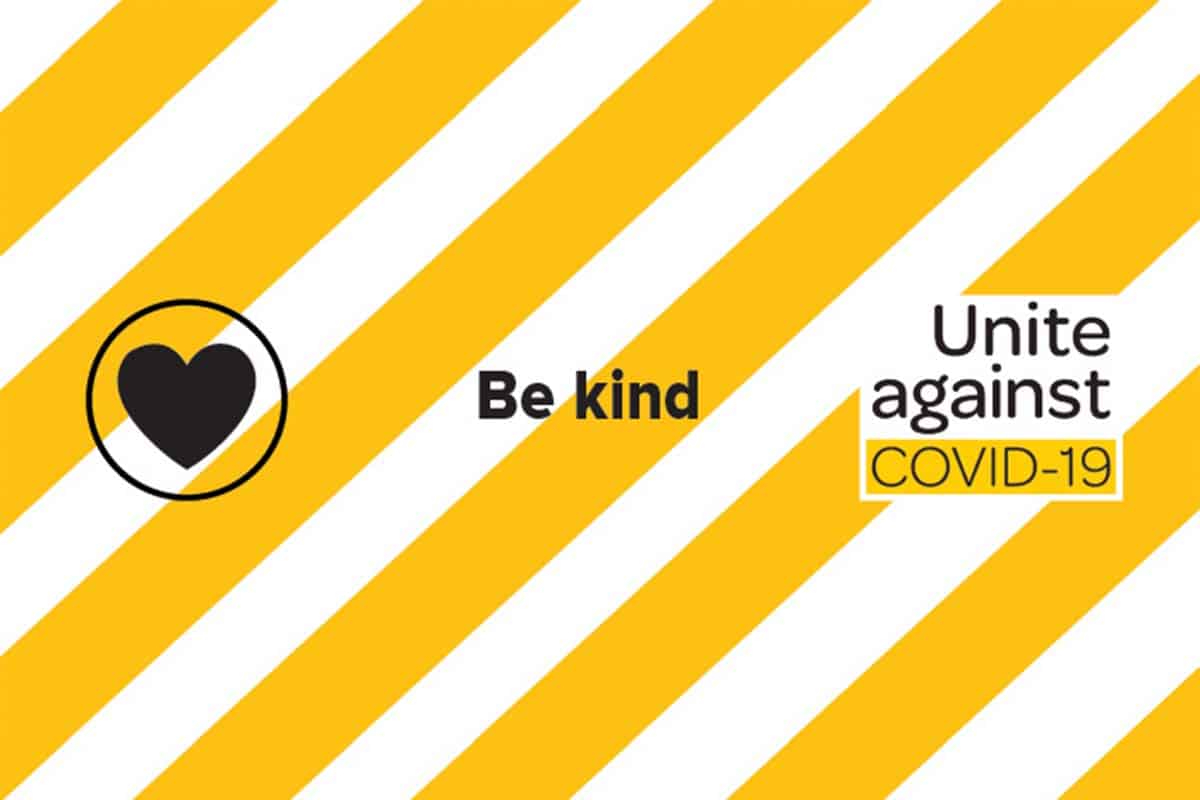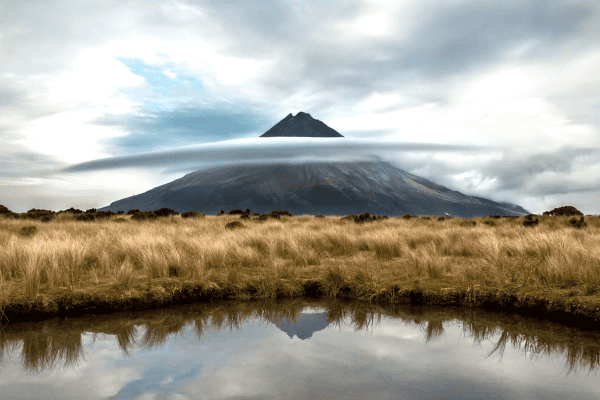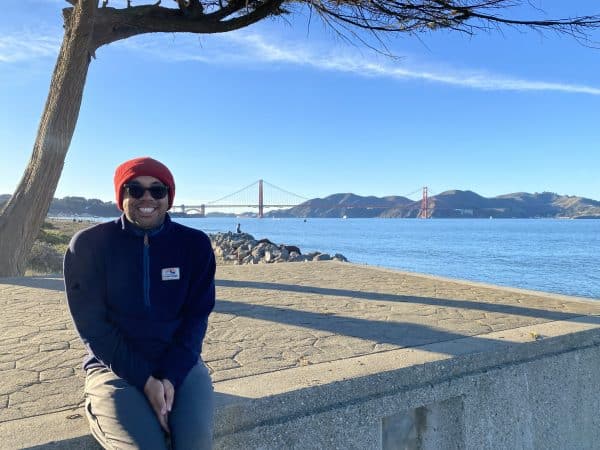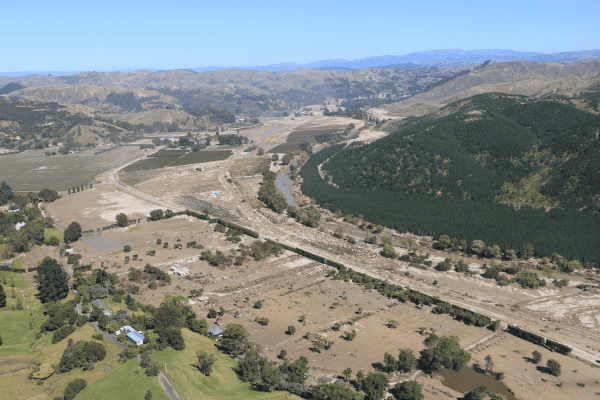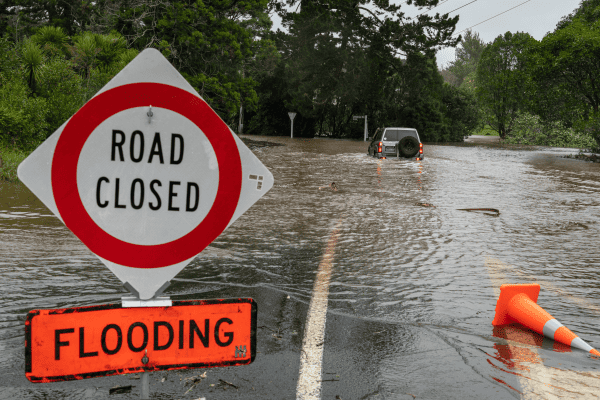Director’s update: COVID-19 and natural hazard resilience
20 March 2020
By Richard Smith, Resilience Challenge Director
We in Aotearoa New Zealand are all too familiar with natural hazard events like earthquakes and floods – the sudden disruption to communities and livelihoods, and the physical damage to homes, buildings, infrastructure and critical services. The slow onset, unseen and uncertain nature of the COVID-19 threat is disorienting. Perhaps like me you are switching between quiet confidence, given the positive local responses and the success of simple actions like basic hygiene, and some anxiety about the uncertain future, driven by concern for vulnerable family members, the already severe economic consequences, and the international factors beyond our control.
In this context of high uncertainty, it is not surprising we’ve seen people attempting to prepare through securing food and other resources. Another element adding to the uncertainty is the uniquely global nature of the virus, compared to even the most devasting earthquake or mega-tsunami. We’re being bombarded by conflicting reports of impacts and responses from around the world which can be overwhelming and psychologically harmful. Knowing when to switch off the news and notifications is as important as staying reliably informed!
Sociological research since the 1950s is clear. Panic and the breakdown of society makes for dramatic movie storylines but is NOT the usual human response. While it might seem as though self-isolation and physical distancing runs counter to the community connectedness that is critical for disaster resilience, we are seeing essential ‘social capital’ emerge in a range of ways. Self-isolation support groups are popping up on Facebook, and online community noticeboards are awash with offers of meal drops and grocery shopping for the elderly and vulnerable. And perhaps we’ll all finally learn how to unmute our microphones while on a conference call!
Soon, we may be required to slow right down and live very locally. We are reasonably familiar with what that means for individual communities post-disaster, but what will that mean for the whole nation? Natural hazard resilience research is relevant for understanding those impacts, and developing helpful interventions as part of the social and economic recovery after the health response has finished. There will also be key lessons from this event that are relevant to future natural hazard resilience (such as business continuity preparedness, supply chain resilience, and risk communication). The Resilience Challenge community stands ready to support that national effort.
Kia kaha koutou. Look after yourselves and others in these unusual times.
